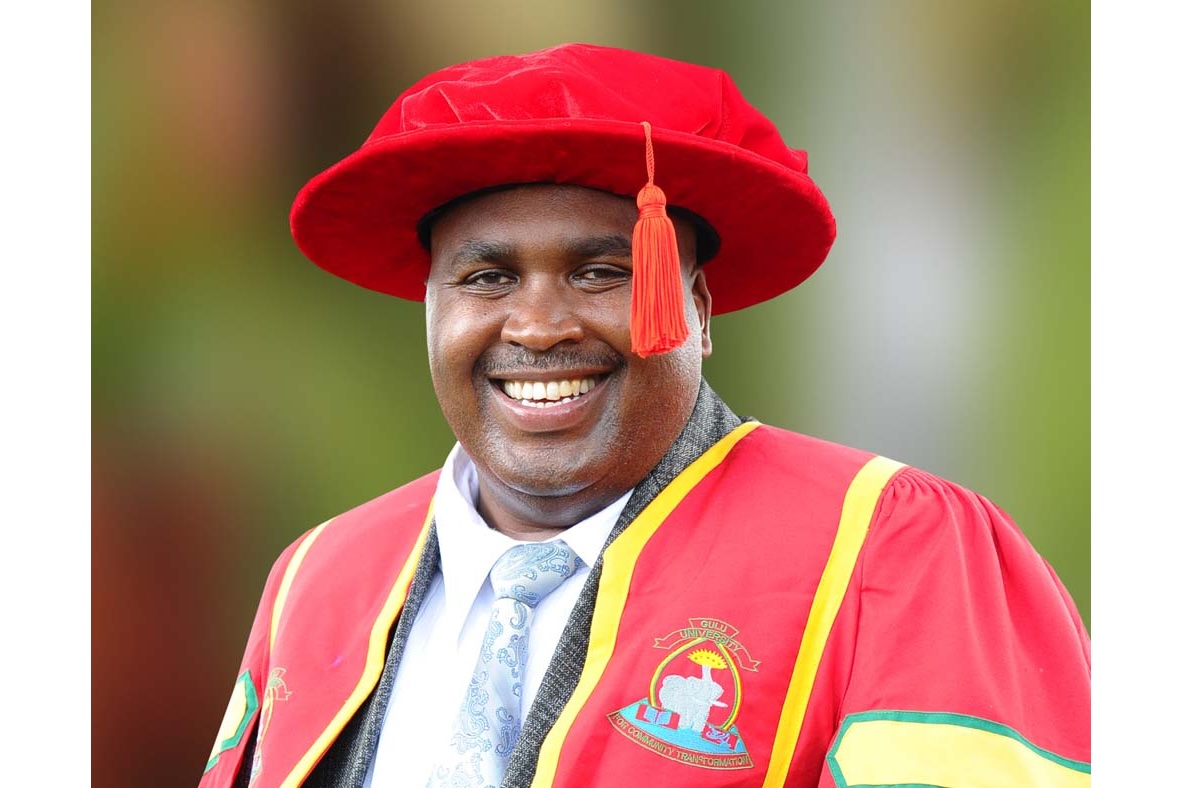
MKU Founder Simon Gicharu Calls for Independent Body to Oversee Higher Education Funding » Capital News
NAIROBI, Kenya Feb 12 – Mount Kenya University (MKU) founder and chairman Professor Simon Gicharu has urged the government to establish an independent body to manage higher education funding, citing the need for a more sustainable model beyond reliance on the Exchequer.
In a proposal to Education Cabinet Secretary Julius Ogamba, Professor Gicharu emphasized that Kenya’s university sector has witnessed exponential growth over the past 15 years, with the number of institutions rising to 79 and student enrolment nearly doubling from 361,379 in 2013 to 620,480 in 2022.
The Technical and Vocational Education and Training (TVET) sector has also expanded, with enrolment increasing from 60,667 in 2018 to approximately 460,000 in 2024.
Despite these gains, Gicharu warned that the current funding structure is unsustainable, as public universities struggle with underfunding, accumulating pending bills estimated at Kshs. 80 billion, and operational challenges. He noted that the government’s New Funding Model, which ties student funding to financial need, has faced legal and logistical hurdles, putting further strain on the sector.
“The growing student enrolment and declining capacity of the Exchequer demand a long-term solution. We must move beyond a grant-based approach and adopt a structured financing model that ensures sustainability,” Gicharu said.
He proposed the creation of a National Students Financial Aid Corporation, modeled after South Africa’s National Student Financial Aid Scheme (NSFAS). The proposed body would merge the Universities Fund and the Higher Education Loans Board (HELB), as recommended by the Presidential Working Party on Education Reform and approved by the Cabinet in January 2025.
Gicharu argued that such an independent and professionalized entity should have the legal capacity to source funding from diverse avenues beyond government allocations. These could include education bonds, unclaimed financial assets, employer training levies, and contributions from private sector beneficiaries of skilled graduates.
“The funding body must be empowered to attract investment, raise alternative revenue, and ensure efficient loan recovery mechanisms. This will guarantee that every student has access to higher education while securing the financial future of our universities,” he stated.
He also recommended shifting higher education financing from a predominantly grant-based system to a loan-based model, supplemented by performance-based scholarships for priority government programs.
With the government aiming to increase TVET enrolment to two million in the short term and university admissions projected to reach 290,950 by 2027, Gicharu stressed that an independent funding mechanism is the only viable path to ensuring long-term stability in the education sector.
“The time to rethink our approach is now. If we do not act, we risk an education funding crisis that could derail Kenya’s progress in producing a skilled workforce for the future,” he warned.